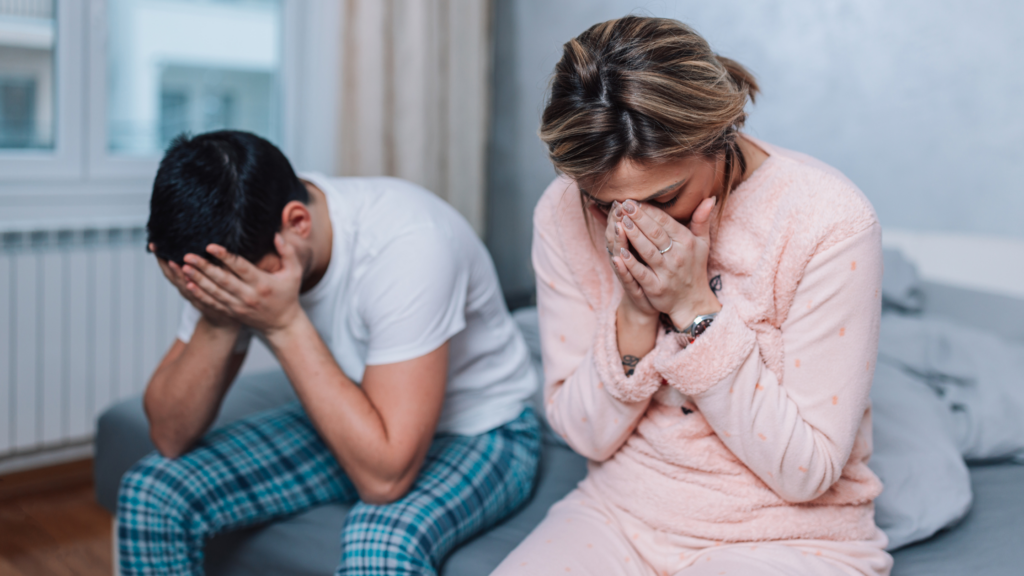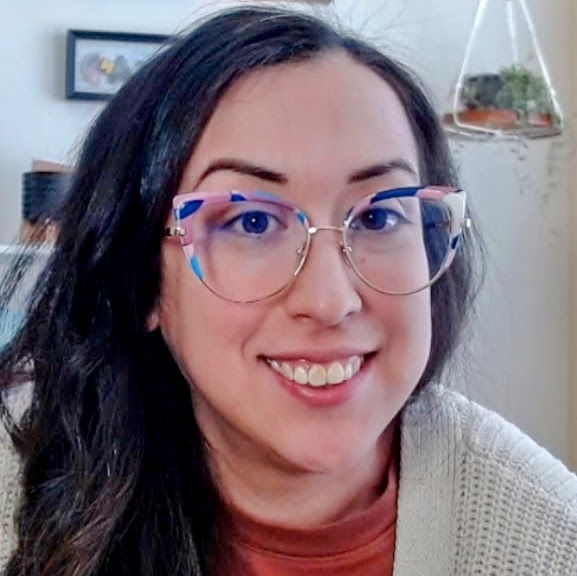Rebuilding Trust After Infidelity
Rebuilding trust after infidelity: How healing actually works
First, let’s name what you’re going through
When you’ve just discovered an affair, the ground beneath you can feel like it’s disappeared. You may be exhausted from sleepless nights, scared about what comes next, and devastated wondering if your relationship can survive this. The shock can hit like a wave. One moment you’re numb, the next you’re overwhelmed by hurt.
There may be a desperate, looping question in your mind: How did we even get here? And how will we ever get out? You might find yourself questioning reality — replaying conversations, second‑guessing memories, and feeling the sting of being interrogated or having to interrogate your partner about the wrongs that fractured your trust.
All of this is understandable. The sadness, the anger, the fear, the confusion. These are all valid responses to a deep rupture. And while it may feel impossible right now, rebuilding trust after infidelity is possible. It requires structure, honesty, and pacing that protects both partners, so healing can happen without re‑injuring the relationship along the way.
What infidelity can look like — and Why It Hurts So Deeply
Infidelity isn’t just one thing. It can take many forms, including:
- Emotional affairs: sharing intimacy, secrets, or emotional energy with someone outside the relationship in a way that displaces your partner.
- Physical affairs: sexual contact that violates the agreements of the relationship.
- Digital secrecy: hidden accounts, sexting, or private messages that cross agreed‑upon boundaries.
- Breach of trust: lies, omissions, or financial secrecy that undermine safety, even without sexual contact.
But at the root of why affairs and betrayals are so painful is this: they injure the beliefs we held about our partner and our relationship.
Most relationships are built on relational agreements — some explicit, some assumed. These might be:
- A commitment made in wedding vows.
- An understanding in a non‑monogamous relationship about what is and isn’t okay.
- A promise after a previous rupture: “I’ll never cheat again.”
When those agreements are broken, the foundation you thought was solid can suddenly feel unstable. The trust that once felt like bedrock now requires a different level of transparency and accountability — one that must be explicit, consistent, and sustained to restore safety.

The revelation of a partner’s affair (sexual or emotional) comes as a shock to the hurt partner, even when doubts exist. The loss of trust in a relationship is no different from a physical loss
John Gottman, Founder of Gottman Method Couples Therapy
The stages of rebuilding trust in couples therapy
When the foundation of trust has been shaken, repair isn’t about “just moving on.” It’s about moving forward with intention, structure, and care. In my work with couples, rebuilding trust after infidelity follows a process that protects both partners and the relationship itself.
1. Stabilize
Before we can talk about why it happened or how to prevent it in the future, we have to stop the emotional bleeding. That means:
- Creating emotional first‑aid — grounding tools, safe pauses, and agreed‑upon boundaries for conversations.
- Reducing re‑injury — limiting unstructured interrogations that spiral into more hurt.
- Establishing basic safety — clarity about contact with the outside person (if applicable) and agreements that protect both partners’ nervous systems.
2. Transparency & Boundaries
Once stability is in place, we focus on making the invisible visible. This stage is about:
- Transparency: Willingly sharing information (not just when asked ) to rebuild a sense of safety.
- Boundaries: Setting clear, mutual agreements about communication, technology use, and interactions with others.
- Consistency: Following through on these agreements daily so trust has a chance to regrow.
3. Accountability & Apology
Repair requires more than “I’m sorry.” It’s about:
- Owning the harm: Naming the specific actions that broke trust.
- Understanding the impact: Listening to the hurt partner’s pain without defensiveness.
- Making amends: Offering a meaningful apology that includes what will be different going forward.
- Showing change: Demonstrating new behaviors that align with the apology.
4. Understand What Happened
With safety, transparency, and accountability in place, we can explore the “how” and “why” — not to excuse the betrayal, but to understand the conditions that allowed it. This might include:
- Disconnection or avoidance patterns
- Unmet needs that were never voiced
- Stress, opportunity, or unresolved past ruptures
- Family‑of‑origin patterns that shaped how each partner approaches intimacy and conflict
This stage is about making sense of the story together, so both partners can see the full picture — and so the hurt partner isn’t left filling in the blanks with worst‑case scenarios.
5. Rebuild Trust and Intimacy
Trust doesn’t return with one apology. It’s rebuilt through consistent, visible actions over time:
- Transparency: Sharing information willingly — not just when asked.
- Accountability: Following through on agreements, even in small ways.
- Emotional reconnection: Gradually re‑introducing affection, shared experiences, and vulnerability at a pace that feels safe.
- New agreements: Explicit, mutual commitments about boundaries, communication, and repair strategies going forward.

You don’t get to ask for forgiveness until you’ve earned it. And you earn it by showing up, over and over, with humility and accountability.
Terry Real, founder of Relational Life Therapy
What helps healing stick
Rebuilding trust after infidelity isn’t a one‑time conversation — it’s a series of consistent, intentional choices that slowly re‑lay the foundation of your relationship. Once the initial repair work is underway, these practices help keep the progress from unraveling:
- Predictable check‑ins — Set aside regular times to talk about how you’re both feeling, rather than letting issues pile up or spill out in the heat of the moment.
- Visible follow‑through — Keep agreements, even in small ways, so your partner can see that your words and actions match.
- Emotional safety first — Make it safe to share fears, needs, and frustrations without punishment or shutdown.
- Repair in real time — When a misunderstanding happens, address it quickly and gently, rather than letting it fester.
- Shared vision — Revisit what you’re building together — whether that’s a renewed commitment, a healthier dynamic, or a new chapter entirely.
These aren’t quick fixes. They’re habits that, over time, make trust feel less like something you’re chasing and more like something you’re living.
When You’re Ready, Let’s Begin
If you’re in the aftermath of an affair, you don’t have to navigate the shock, grief, and uncertainty alone. I’ll help you slow things down, create safety, and guide you through a repair process that protects both of you — and the relationship you’re trying to rebuild.
I’m on the side of the relationship. That means I hold both partners with compassion and accountability—without picking a permanent “good guy/bad guy.” I offer focused work in Pleasanton and statewide via telehealth to help you stabilize, understand, and rebuild step by step.
Book your consultation today, and let’s talk about what healing can look like for you.
Helping Couples Rebuild Trust & Connection | Therapy in Pleasanton, California

Alanna Esquejo, LMFT is a Licensed Marriage and Family Therapist based in Pleasanton, CA, offering in‑person sessions locally and telehealth across California. She trained Gottman Method Couples Therapy, level 2 and ADHD Certified Clinical Service Provider. She specializes in trauma‑informed, neurodivergent‑affirming care for couples and professionals, blending warmth, humor, and direct guidance to help clients move from survival mode to intentional living.
September 4, 2025
Leave a Reply
Schedule a Consultation
74 Neal St #202 Pleasanton, CA 94566
esquejo.am@gmail.com
Privacy Policy
Terms and Conditions
Disclaimers
Good Faith Estimate
Be the first to comment